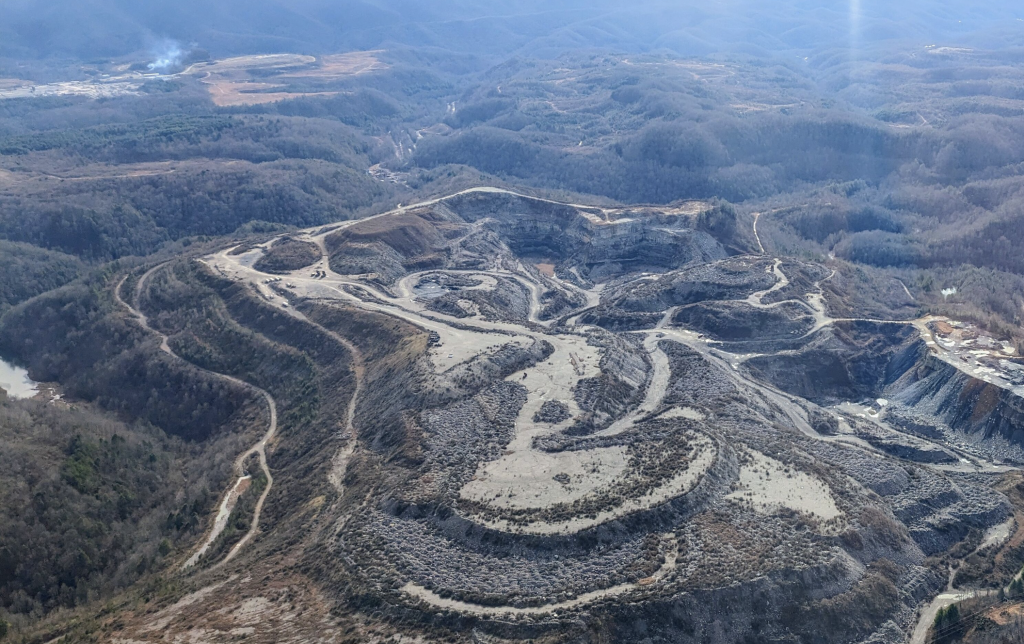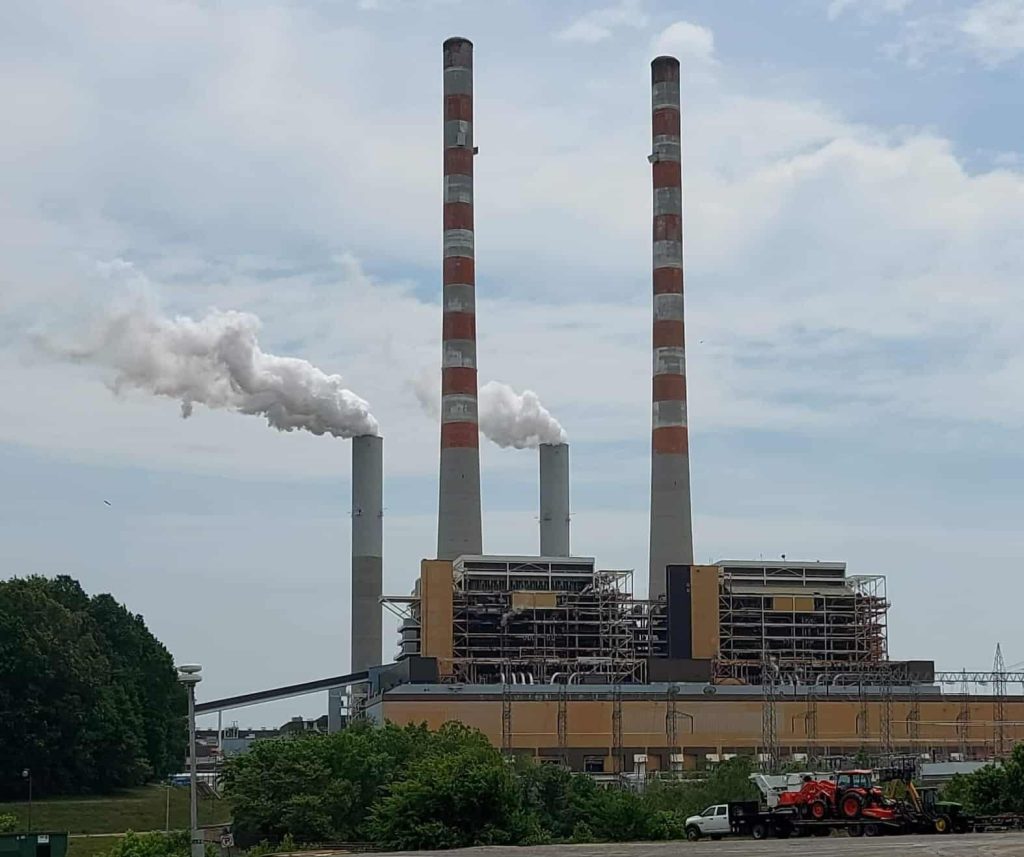Report outlines the many challenges and risks to the completion of the Mountain Valley Pipeline
FOR IMMEDIATE RELEASE
Sept. 20, 2022
CONTACT
Chelsea Barnes, (614) 205-6424, chelsea@appvoices.org
Jessica Sims, (804) 356-1228, jessica@appvoices.org
Today, Appalachian Voices released a report detailing the unique and complex obstacles standing in the way of completion of the Mountain Valley Pipeline, despite its backers’ false assertion that construction is nearly complete.
The report, “The Status and Impact of the Mountain Valley Pipeline,” describes the work ahead for MVP, including 429 water crossings, which are among the most difficult parts of a pipeline to construct. MVP is currently 55.8% complete to full restoration, and is currently lacking authorizations from four federal agencies. Communities along the pipeline route have already experienced harms such as degraded drinking water, damaged farmland and harm to Indigenous sacred sites. With 75% of the MVP routed through land that is “moderately high” or “high” landslide risk, people living nearby face safety risks if the project is ever put in service.
Eight years after the MVP was proposed, some members of Congress are attempting to resuscitate the flailing project through legislation that would seek to circumvent judicial process and potentially force federal agencies to arrive at congressionally determined outcomes regarding MVP’s compliance with bedrock environmental laws.
“As Sen. Joe Manchin and Majority Leader Schumer work to force a vote on an unwilling Congress to try to mandate approval of this destructive, unnecessary and expensive project, it’s important to understand that some of the most difficult and dangerous work is yet to be done,” said Chelsea Barnes, Appalachian Voices legislative director. “This report also makes clear that the delays and mounting costs of this pipeline are not the fault of environmental laws that have protected Americans for more than 50 years, but the fault of the pipeline developer for its unwillingness or inability to construct this pipeline in a manner that complies with those laws.”
“Communities along the MVP route have raised concerns since the pipeline’s inception, and their experiences and MVP’s track record show that the company is not willing or able to protect people, water and land nearby,” said Jessica Sims, Appalachian Voices Virginia field coordinator. “Members of Congress should listen to the people directly affected by the pipeline.”



